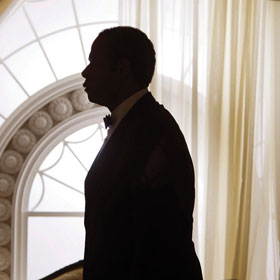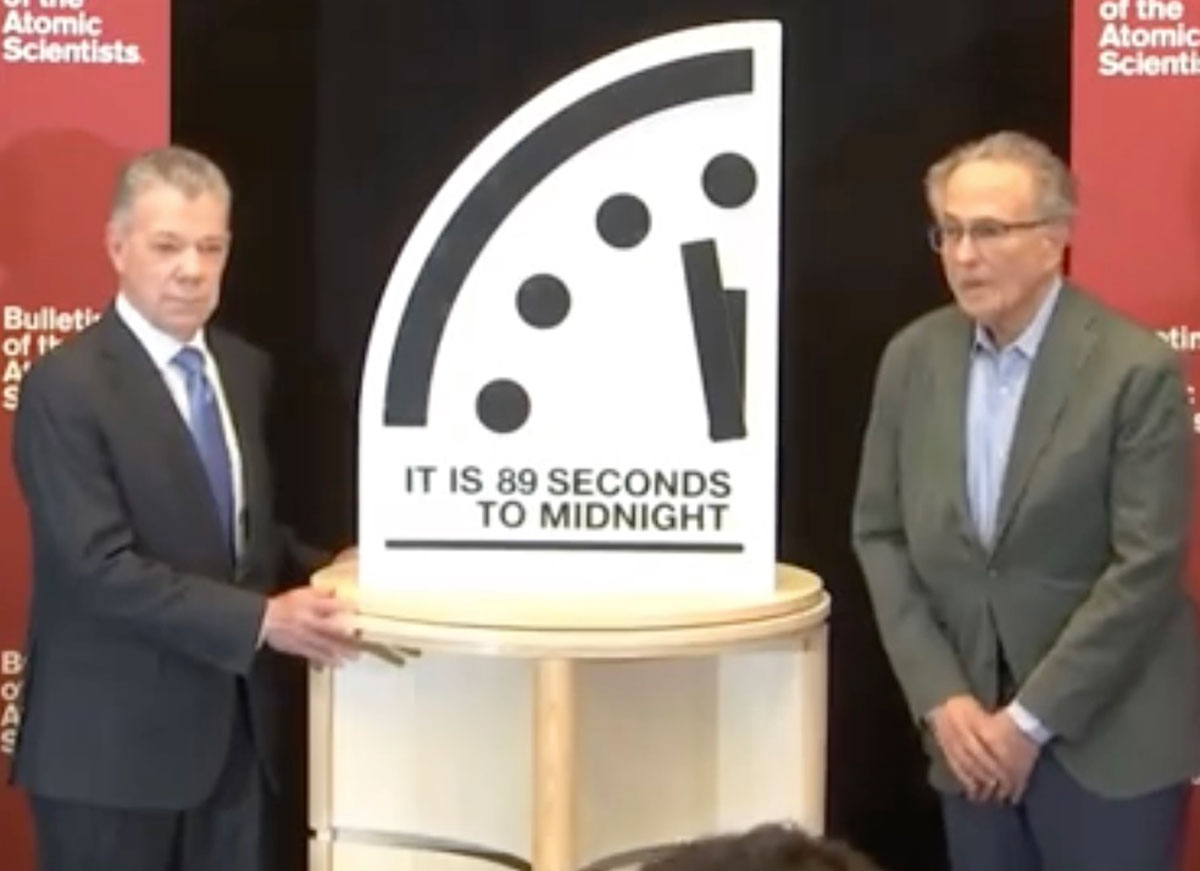'Lee Daniels' The Butler' Movie Review: An Ambitious Film About Racial America

4.5/5
Lee Daniels' The Butler is a surprisingly complex study of a black man, played magnificently by Forest Whitaker, struggling to maintain his dignity in an era of racial chaos. The Butler spans over six decades, eight presidential administrations, and many social movements, all while racial identities previously ingrained in the United States were shifting.
One could easily dismiss Lee Daniels' The Butler as a ‘message’ movie – one that tries desperately to force a moral onto the audience, as if the United States’ volatile racial history could be categorized as simply ‘good’ and ‘bad.’ It has the looks of a heavy handed, high-minded historical narrative: a film so beautifully shot that it runs the risk of making images of hate picturesque and enjoyable. Director Lee Daniels clearly understands that every struggle for social change, no matter how pure or ‘good’ the goal may be, involves some areas of gray. Daniels’ allowance for nuance creates a film that manages to steer clear of the stereotypical white man who helps erase racism, or 'save' the minority (though James Marsden's JFK comes close), without vilifying the entire white population as racist.
This idea is most effectively expressed when Cecil Gaines (Whitaker) first enters the White House. He waits in the lobby for his interview with the Head Butler (Colman Domingo). Daniels shoots part of the scene from a distance, allowing the viewer to see Gaines as a sort of fish out of water. As he waits, his profile is in the foreground, and in the background is a painting of George Washington. Gaines observes it for a moment, and then is taken away for his meeting. The effect is both chilling and wondrous. Gaines is obviously stepping into a very prestigious, honorable position. At the same time, he is setting himself up to serve the country that has denied his rights as a human being since its inception. Daniels fills the film with images that are both awe-inspiring and absolutely terrifying, such as the beautifully simple flashback scene in the cotton field, or the shot of the lynching illuminated in the moonlight.
The Butler may seem like a biopic, it is, after all, loosely based on a true story, but it is less about the man and more about the intersection between morality and fighting for equality. Is it necessary to compromise one’s morals to achieve equality? This question is thoroughly explored through Cecil’s complicated relationship with his eldest son, Louis (David Oyelowo). While Cecil was raised in a climate where, perhaps, the best way to combat extreme racism was to be good at what you do, and do it with dignity, hoping that the white people around you will respect you, his eldest son sees the possibility, and necessity, for rebellion and for action. A freedom rider, and eventual member of the Black Panther party, the eldest son represents one such grey area in the battle for racial equality. As Louis' methods and beliefs become increasingly radical and violent, the film never condemns his approach to making change. And, that’s something rarely shown in typical Hollywood ‘race’ films. The dangers that emerge during a fight for equality are commonly swept under the rug, and Daniels deserves a great deal of respect for choosing not to simplify his film by following that path.
The film is full of tremendous performances, including a particularly enjoyable Liev Schreiber as Lyndon B. Johnson, and Whitaker certainly leads the film with dignity and grace. Oprah Winfrey is excellent as Cecil’s wife, Gloria, though her performance is sometimes overshadowed by the extravagant set design and a wardrobe that is almost too period – reminding the viewer that the movie had a budget that could afford such extravagant sets and designs. Oyelowo gives a good performance as Louis, but it is really his role that does the work for him. Elijah Kelley, who plays the younger son Charlie (ages 15 to 18), delivers a scene stealing performance, as does Lenny Kravitz, as fellow White House butler James Holloway.
When the film enters into the 70s and the Vietnam War, another complex moral question is raised that mirrors that of Cecil working for the White House: as a black man, does fighting for your country mean fighting for a system that routinely discriminates against you? Is it a betrayal? Of course, the Vietnam War and it’s role in American history is much bigger than this one issue, and I must admit that I do begrudge the film a bit for not using it as an opportunity to expand its subject a bit.
Lee Daniels' The Butler avoids mentioning any racial minority other than African Americans. And, while I understand that the lack of inclusion could be due to the fact that a two-hour movie cannot possibly attempt to create a meaningful representation of every single racial problem in U.S. history, it is truly a disservice to the film.
In a voice-over at the end, Cecil marvels at the fact that, in America, people love to talk about injustices being committed around the world, but we don’t talk about those that occurred in our own country. This is, without a doubt, a valid point. Especially as the fantasy of a colorblind society becomes a commonly accepted reality – it is important not to forget the history of injustices that occurred and continue to occur within the borders of the U.S. However, if this is to be the departing sentiment of the film, why does Lee Daniels' The Butler not mention any of the injustices performed against other racial minorities in the United States? No mentions whatsoever were made about Latinos, Asians, Native Americans, etc. (and, it should be noted, no real characters of any other ethnic background appears onscreen either.) The United States is a racialized country, with a history inseparable from racism, a point extremely well communicated by the film. And it is disappointing to see The Butler presenting racism as an exclusively black and white issue.
Putting those issues aside, Lee Daniels’ The Butler is a very ambitious, beautifully crafted film that deserves to be seen. Though it does have some heavy-handed tendencies, it is truly touching.
RELATED ARTICLES
Get the most-revealing celebrity conversations with the uInterview podcast!






Leave a comment